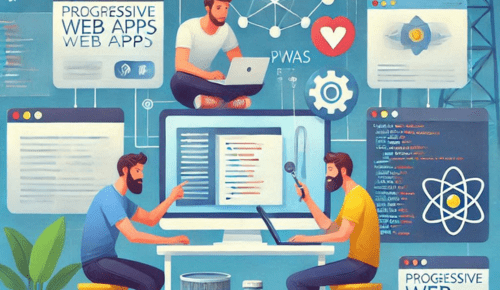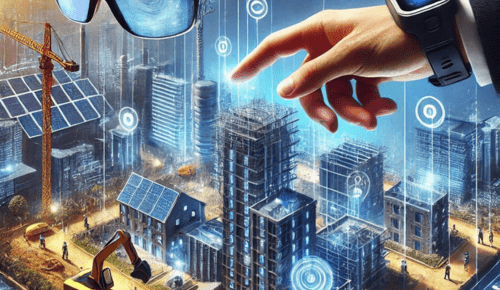In the ever-evolving landscape of technology, one term has risen to prominence and captured the imagination of both technologists and the general public alike: Artificial Intelligence, often abbreviated as AI. The impact of AI is not limited to any one industry or aspect of our lives; it is fundamentally altering the way we work, communicate, and even think. In this article, we will delve into the world of AI, exploring its history, current applications, and the profound ways in which it is shaping the future of technology.
The Evolution of Artificial Intelligence
Artificial Intelligence is not a new concept. Its roots can be traced back to ancient myths and legends about mechanical beings brought to life. However, the formal discipline of AI as we understand it today began to take shape in the mid-20th century. Early AI researchers envisioned creating machines that could simulate human intelligence, including problem-solving, learning, and understanding natural language.
One of the key moments in AI history was the Dartmouth Workshop in 1956, where the term “artificial intelligence” was coined. This event marked the beginning of AI as a distinct field of research. Over the decades, AI went through several waves of development and setbacks, including the AI winter of the 1970s and 1980s when progress slowed due to unrealized expectations.
AI’s Impact on Industries
Fast forward to the present day, and we find ourselves in an era where AI is no longer the stuff of science fiction. It has infiltrated and revolutionized various industries. In healthcare, AI-powered diagnostic tools are aiding doctors in making more accurate and timely diagnoses. In finance, AI is used for algorithmic trading, risk assessment, and fraud detection. Retail businesses are employing AI to personalize customer experiences and optimize supply chains.
Moreover, AI is making significant strides in the field of autonomous vehicles, where self-driving cars are being tested and developed by companies like Tesla and Waymo. In the world of entertainment, AI is used to generate realistic computer-generated imagery (CGI) and enhance special effects. AI-driven virtual assistants like Siri and Alexa have become integral parts of our daily lives, simplifying tasks and answering our queries.
The Power of Machine Learning
Machine Learning (ML), a subset of AI, has been a driving force behind the recent advancements in artificial intelligence. It involves creating algorithms that can learn and improve from experience. ML is responsible for the development of recommendation systems, which suggest products or content based on our past behaviors and preferences. Social media platforms use ML to curate our news feeds and suggest friends to connect with.
Another notable application of ML is natural language processing (NLP), which enables computers to understand and generate human language. This technology powers chatbots, translation services, and voice recognition systems. The famous GPT-3 model, developed by OpenAI, is a prime example of NLP’s capabilities, as it can generate human-like text and hold coherent conversations.
Challenges and Ethical Concerns
While AI has made remarkable progress, it is not without its challenges and ethical concerns. The fear of AI replacing human jobs is a topic of ongoing debate. Many argue that AI will lead to the creation of new jobs and free humans from repetitive tasks, allowing them to focus on more creative and complex work. Nevertheless, the transition can be disruptive, and there’s a need for retraining the workforce to adapt to this new era.
Ethical considerations also come into play. Issues related to bias in AI algorithms, data privacy, and the potential for AI to be used for malicious purposes are at the forefront of discussions. Ensuring that AI technologies are developed and used responsibly is a critical aspect of AI’s future.
The Future of AI
The future of AI is both exciting and uncertain. As technology advances, AI is likely to continue its integration into various aspects of our lives. From smart cities that use AI to improve traffic flow and energy efficiency to advancements in healthcare that extend human life through AI-driven treatments and drug discovery, the possibilities are vast.
Additionally, AI is making strides in understanding and emulating human emotions, potentially leading to emotionally intelligent machines that can better interact with and assist humans. With the advent of quantum computing, AI algorithms may gain even more significant computational power, pushing the boundaries of what is possible.
In conclusion, artificial intelligence is undeniably shaping the future of technology. Its impact is pervasive and transformative, and it promises to touch every facet of our lives. However, with this transformative power comes the responsibility to ensure that AI is developed and deployed with care and ethics in mind. The choices we make today will determine whether AI becomes a force for good that enhances human lives or a source of concern. As we venture into this AI-driven future, the possibilities are endless, and the challenges are significant, making it one of the most exciting and important technological frontiers of our time.



